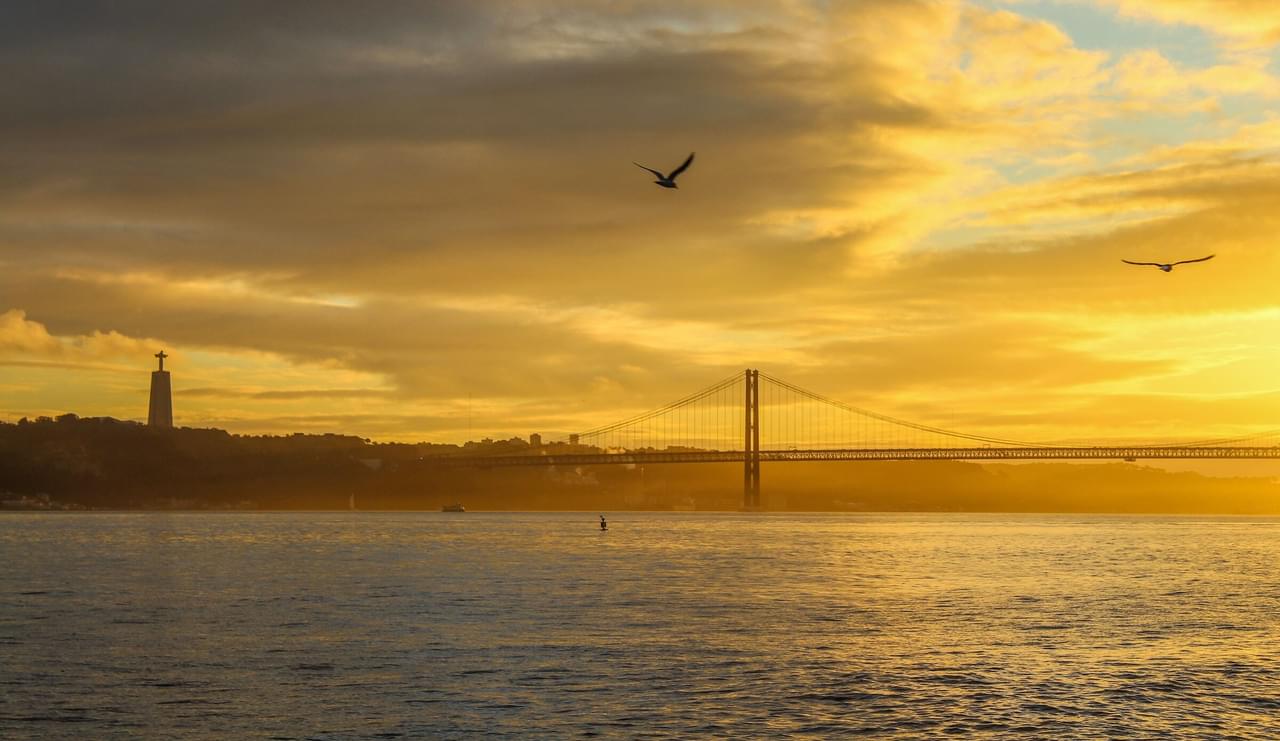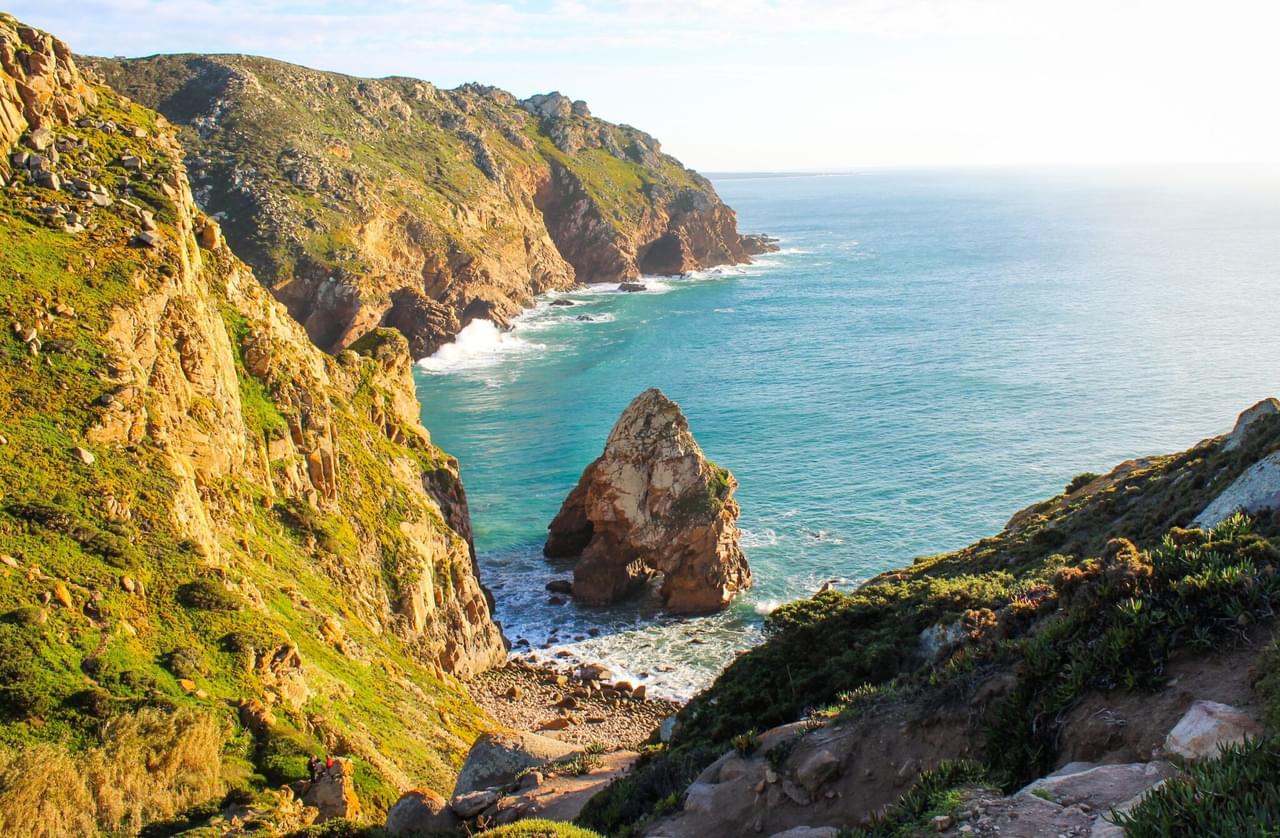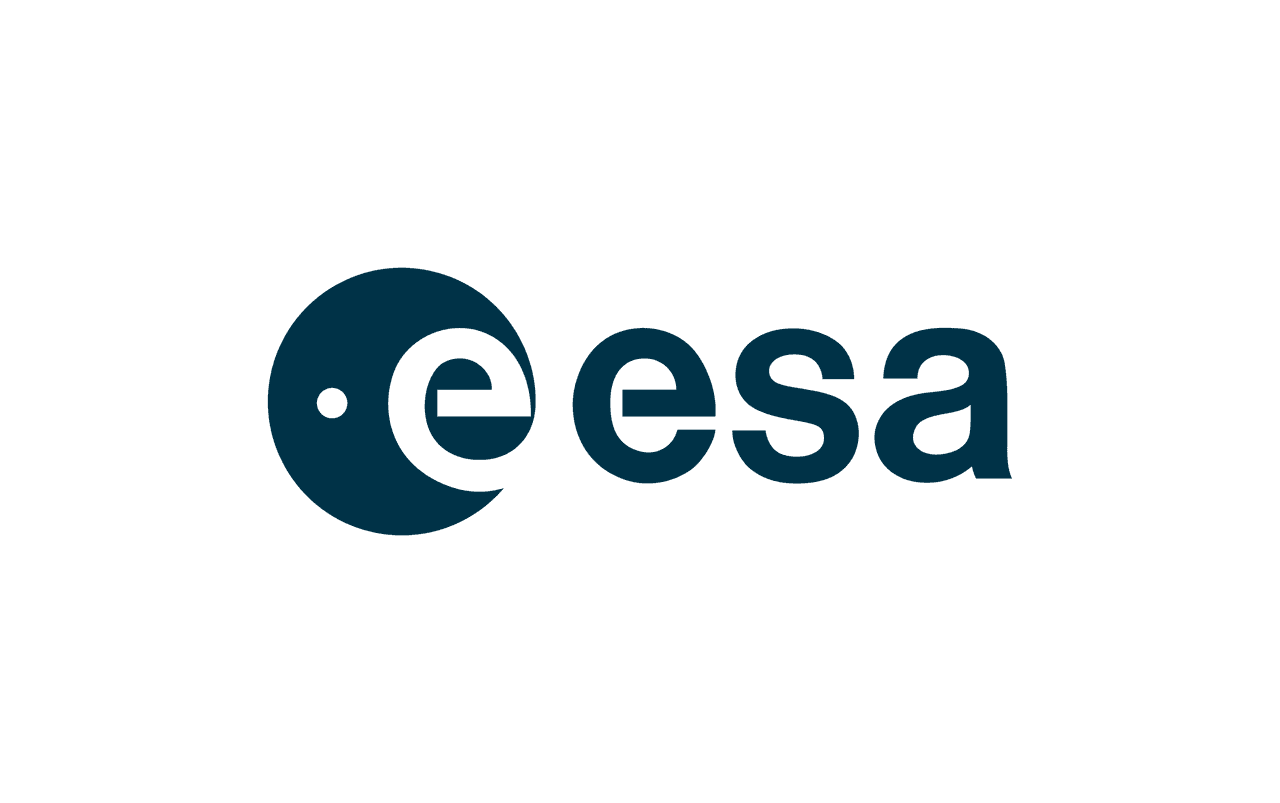Programme


The 2023 News Impact Summit in Lisbon will explore the vibrant intersection between journalism and climate science, addressing the challenges and opportunities faced by climate journalists in an era of rapid technological advancements and growing climate urgency. Participants will explore cutting-edge storytelling techniques, AI-powered data analysis and collaborative reporting that bridges the gap between science and media. The summit will also discuss the role of journalists in promoting climate resilience and informed action.
As climate science evolves, journalists must navigate interdisciplinary research, complex modelling, and solutions-oriented approaches to communicate compelling stories that resonate with diverse audiences. The News Impact Summit in Lisbon provides an important opportunity for journalists and journalism professionals to exchange ideas and inspiration. Through conversations, networking opportunities, and collaborative sessions, participants will leave equipped with knowledge and tools needed to elevate their climate reporting and effectively engage audiences as humanity responds to this critical global issue.
By joining the Summit, you will:
- Immerse yourself in the world of climate journalism through keynote presentations and interactive, hands-on sessions;
- Learn best practises to reinforce the reliability of climate journalism and foster increased community engagement in climate-related conversations;
- Gain practical knowledge on how to utilise data to produce compelling climate stories;
- Meet with local and international experts in the field to reimagine the future of climate journalism.
More info on the programme and speakers will be announced soon.
About the News Impact Summits
Since 2014, the EJC has organised 35 News Impact Summits. The Summits have inspired communities of journalists and media organisations in 28 cities in 19 countries across Europe and the Middle East, featuring 400+ speakers from leading international news organisations.
Climate Journalism Award
The Climate Journalism Award will be announced at the Summit. The Award's primary aim is to acknowledge outstanding climate journalism that adopts an innovative or original storytelling approach.
Submit your Climate Journalism stories for the Award by 17 July 2023, 17:00 CEST.
With the recognition of the European Space Agency
The European Space Agency received no financial compensation for this Initiative
Please make a contribution today
Your support will help us continue providing the kinds of opportunities journalists tell us they rely on
Would you like to have a direct conversation about making a donation? Please get in touch.
Programme
Speaker
Europe experienced extraordinary twin heatwaves in the summer of 2023, informally named 'Cerberus' and ‘Charon’, which sent temperatures soaring to unprecedented levels, potentially eclipsing the hottest ever recorded on the continent. The European Space Agency (ESA) was at the forefront of documenting and analysing these extreme weather events, utilising their decades-long Earth observation data and cutting-edge satellite imagery.
In this plenary session, the ESA will delve into the pivotal role of space-based observations in understanding such extreme weather events and their links to climate change. Detailed analysis will be provided on the Cerberus and Charon heatwaves, leveraging data from the Copernicus Sentinel-3 mission to demonstrate the intensity of land surface temperatures across Europe. The session will also touch upon the implications of such extreme temperatures on food production, water availability, and public health.
1. Who Tells Climate Stories?
The Sinking Cities Project was a global cross-border collaborative investigation examining the impact of sea-level rise on major cities around the world. Tina Lee and Ope Adetayo will present the project, including how they commissioned satellite imagery to investigate the vanishing of critical wetlands over decades in Lagos, Nigeria.
2. Translating the impacts of climate change into everyday life
Everything is connected. The effects of climate change are everywhere, but the connections may not be obvious. How can journalists make these links visible? In this session, Aline Flor, environment reporter for the Portuguese national newspaper Público, will talk about how the climate desk Azul covers these issues that have such an impact on our lives, using multimedia and user-friendly content and approaches that focus on translating the impact of climate change into people's everyday lives - and vice-versa.
3. Visualising Climate Data
Climate data can be overwhelming and highly technical, so how do you communicate large data sets to audiences and make them relevant and interesting? During this session, Wim Zwijnenburg and Cornelia Scholz will look at different ways to visualise climate data in order to tell stories that engage audiences.
Speaker
On 5 June 2022, Brazilian indigenist Bruno Pereira and British journalist Dom Phillips were murdered in the Amazon while investigating illegal logging. Since 2004, according to data from the Committee to Protect Journalists, more than 30 environmental journalists have been killed while reporting in the field.
In this session, Laurent Richard from Forbidden Stories will look at the case of Bruno and Dom, focusing on how attention was raised to fight for justice, and what governments, international organisations and newsrooms can do to protect journalists covering the environment.
Speaker
- Tackling Greenwashing and Climate Misinformation, AFP
What does ''green'' or ''carbon neutral'' mean? How should journalists cover climate-related corporate announcements? How do companies count their greenhouse gas emissions, and can they really be ''net zero''? AFP will work on real-life examples in this workshop and introduce you to a short online course with tools and tips for tackling climate misinformation. Please bring a laptop if possible.
- Getting Involved: Climate Journalism for the Community (this session is in Portuguese)
Manuel Banza é um cientista de dados interessado em temas de mobilidade, urbanismo e participação. O seu trabalho é frequentemente coberto pela Mensagem, a revista digital dedicada a Lisboa. Nesta sessão em português, Manuel vai explicar como os dados nos podem ajudar a identificar estratégias e prioridades no combate aos efeitos das alterações climáticas, bem como, melhorar a qualidade de vida nas cidades através da participação cidadã, tornando-as mais sustentáveis e resilientes.
Manuel Banza is a data scientist interested in mobility, urbanism and participation. His work is frequently covered by Mensagem, the digital magazine dedicated to Lisbon. In this session in Portuguese, Manuel will explain his work and how data can help us identify strategies and priorities to mitigate the effects of climate change, as well as improve the quality of life in cities through citizen participation, making them more sustainable and resilient.
- Diversifying climate coverage, Sinking Cities
Tina Lee will share about Unbias the News’ efforts to hire local journalists report on climate topics for Sinking Cities and their Chain Reactions series. She will also share tips on how to find local journalists and principals for equitable newsrooms.
Speaker
A panel discussion, moderated by Fara Warner, Climate Director at Solutions Journalism Network.
Speaker
- Tools for Climate Journalism, Google News Lab
An introduction and guide on accessing and using Google Earth Engine, Google's tool for accessing a multi-petabyte catalog of satellite imagery and geospatial datasets. Earth Engine allows planetary-scale analysis to detect changes, map trends, and quantify differences on the Earth's surface.
- Climate Journalism on Youtube, Deutsche Welle Planet A
As online video platforms like YouTube explode in popularity, they offer fresh ways to communicate complex climate issues. This session explores the potential of these platforms for climate journalism, providing practical strategies to create engaging, informative, and impactful content that cuts through the noise and resonates with a broad, diverse audience.
Speaker
Winners of the Climate Journalism Award present their winning projects across five categories, introduced by the Award Jury.
- Data: Climate change reporting that relies on data analysis.
- Storytelling and solutions: Novel and solutions-focused storytelling methods for communicating climate change stories.
- Visualisations: Making climate stories comprehensible and engaging for the audience by utilising data and scientific information in a visual representation.
- Investigative reporting: Reporting that holds those in power accountable for their actions and their impact on climate change.
- Emerging talent: Innovative climate reporting produced by journalists and newsrooms with less than three years of experience.



































